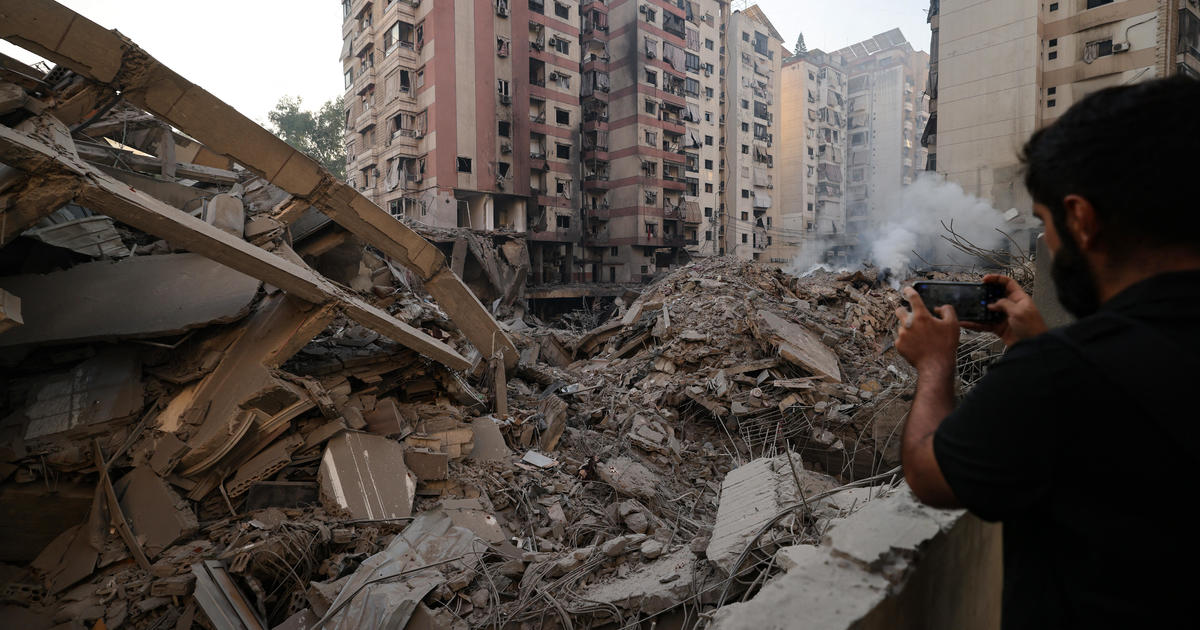The escalating conflict between Israel and Lebanon, ignited by Hamas’ October 7th attack on Israel, has resulted in widespread destruction and displacement. Israel’s intensified bombing campaign in Lebanon, targeting Hezbollah strongholds, has led to a humanitarian crisis, with thousands fleeing their homes and significant infrastructure damage. The conflict’s expansion beyond southern Lebanon to areas like Beirut’s suburbs and even Palestinian refugee camps showcases the widening scope of the fighting and the complex interplay of regional actors. The international community is increasingly concerned about the civilian casualties and the potential for further escalation. This analysis will explore the key facets of this escalating conflict, focusing on the devastating impact on Lebanese civilians.
The Devastation in Lebanon
Civilian Casualties and Displacement
The relentless Israeli airstrikes in Lebanon have inflicted a staggering toll on civilian lives and infrastructure. Hospitals and medical facilities have been directly targeted, leading to injuries and deaths among medical personnel. The World Health Organization reported a significant increase in health worker casualties within just 24 hours. This has severely hampered the already strained healthcare system’s capacity to deal with the crisis, exacerbating the humanitarian challenges faced by Lebanese citizens. The massive scale of displacement further underscores the catastrophe. Over a million people have been forced to leave their homes, creating an immense strain on resources and shelter capabilities in unaffected areas. The impact on Lebanon’s already fragile economy will be long-lasting and significant. Many people have lost their homes, livelihoods, and loved ones, facing immense uncertainty.
Hezbollah and Israeli Military Actions
Hezbollah, a powerful Lebanese Shia militant group backed by Iran, has played a crucial role in the conflict. Its attacks on Israeli targets and continued resistance fuel the escalation of the conflict. The targeting of Hezbollah infrastructure by the Israeli Defense Forces (IDF), including alleged attacks on mosques used as command centers, underlines the intensity and scope of the military operations. Reports of ground operations by Israeli special forces further add to the conflict’s severity. These military actions highlight a significant shift in Israeli strategy, suggesting that an effort is underway to seriously cripple Hezbollah’s military capabilities, in addition to retaliatory action. The exchange of fire and the large-scale bombardment are causing extreme disruption to daily life and significantly hindering any potential for a swift resolution to the conflict.
The International Response and Humanitarian Crisis
International Efforts for Evacuation and Aid
Multiple nations have launched operations to evacuate their citizens from Lebanon amid the intensifying violence. Countries such as Germany, the Netherlands, and the United States have deployed resources to facilitate the safe return of their nationals, highlighting the international concern over the escalating conflict’s human cost. The scale of the evacuation efforts reflects the sheer volume of individuals seeking refuge and emphasizes the magnitude of the humanitarian crisis unfolding in the country. This concerted international response demonstrates the global acknowledgment of the need to assist those affected by the violence. While evacuations continue, the needs of the remaining Lebanese civilians, many of whom are refugees or displaced persons themselves, must be addressed with greater urgency and substantial humanitarian assistance.
Criticism and Diplomatic Efforts
International condemnation of the conflict has grown significantly as the crisis has unfolded. Statements from leaders across several nations, including calls for an end to arms supplies to Israel by certain world powers, highlight the political complexities intertwined with the fighting. France’s President Macron’s appeal for a swift end to military operations in Lebanon underscores international worry over the escalating civilian casualties. The conflict reveals deeper fissures in the international community regarding how to effectively handle such conflicts, and the divergent perspectives on what constitutes a just and equitable response further compound the situation. Ultimately, finding an effective and equitable diplomatic solution will remain dependent on the willingness of involved parties to negotiate constructively, rather than solely prioritizing retaliatory military action.
The Future of Lebanon and the Wider Region
Long-Term Consequences
The ongoing conflict presents a severe threat to the future stability and well-being of Lebanon and the broader region. Beyond the immediate devastation and loss of life, the long-term economic and social consequences will be profound and could have devastating impacts for the entire region. The widespread destruction of infrastructure, coupled with the massive displacement of the population, will require enormous resources for recovery and reconstruction. The rebuilding process will be slow and arduous, requiring significant international cooperation. The war’s effect on Lebanon’s social fabric is also a considerable cause for worry, since pre-existing political and sectarian tensions might be exacerbated, increasing future volatility.
Geopolitical Implications
This escalation also holds significant geopolitical implications. The involvement of multiple regional actors and their supporting alliances greatly complicates any potential peace processes. Iran’s support for both Hezbollah and Hamas adds a complex layer to the ongoing conflict. The crisis will likely reshape the political landscape, with possible lasting consequences for regional power dynamics and the future of Lebanon’s relationship with Israel and other nearby nations. The interplay between different national interests in the region adds to the complexity of the situation and suggests any resolution will be contingent on more than simply achieving a ceasefire.
Take Away Points:
- The Israel-Lebanon conflict has caused immense suffering, with extensive civilian casualties and widespread displacement.
- Hezbollah’s role and Israel’s military response have significantly fueled the escalation.
- International efforts for evacuation and aid are underway, but substantial humanitarian assistance is urgently required.
- The conflict has severe long-term consequences for Lebanon’s stability and regional dynamics. Resolving this complex conflict requires significant political will, careful diplomatic efforts, and considerable international support to mitigate its lasting negative effects.




